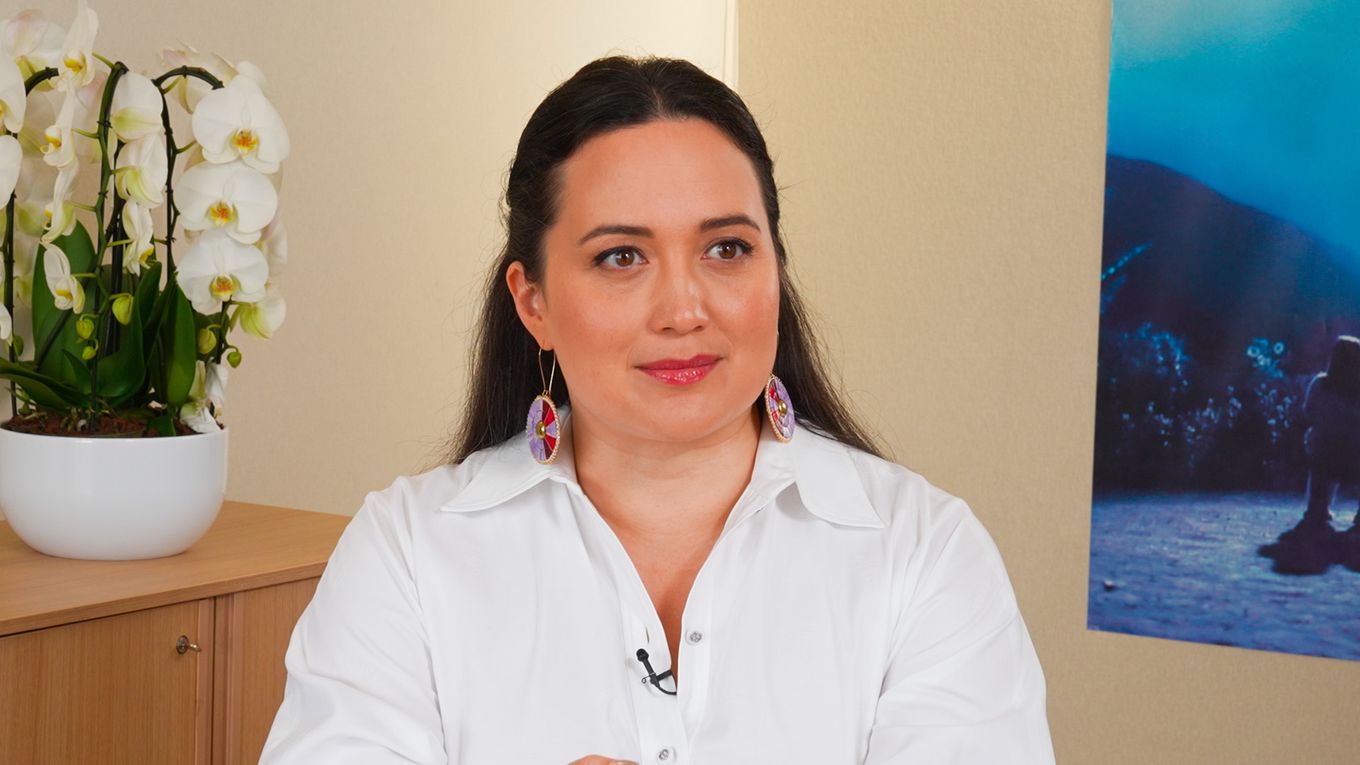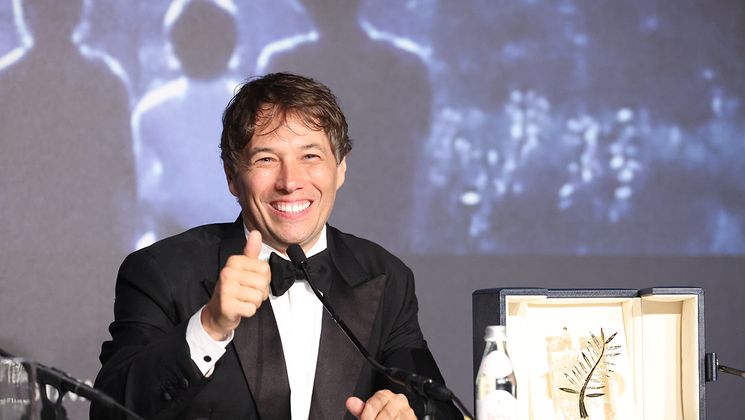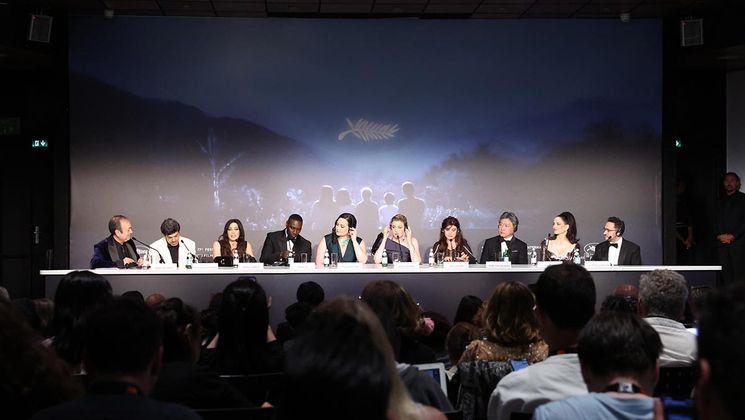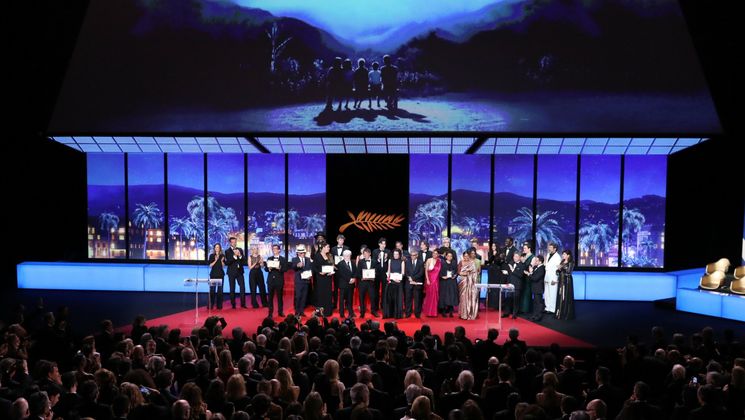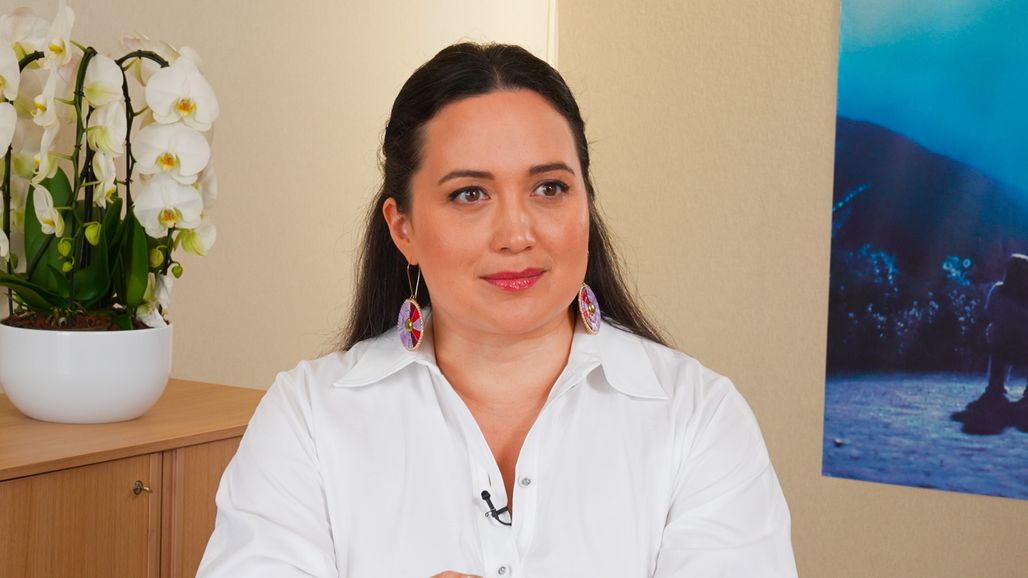
An interview with Lily Gladstone, member of the Feature Film Jury

One year ago, her dazzling performance alongside Leonardo DiCaprio in Martin Scorsese’s Killers of the Flower Moon brought her widespread acclaim. Ever since, the spotlight has continued to shine on Lily Gladstone, who won a Golden Globe and earned an Oscar nomination for this role. The Native American actress discusses her vision of acting.
You’re returning to Cannes a year after wowing everyone with your performance in Killers of the Flower Moon. How do you assess the past year?
I spent a part of the last year on the actors’ picket line and another part on the red carpets! The reception that the film got at Cannes was incredible and that alone would have been enough to keep me proud for the entire year. But promotion of the film only stopped quite recently. I’m very proud of the life that this film has had and will continue to have, as I really believe that it will stand the test of time.
How has this banner year changed you?
I don’t know if I’ve changed, but my life has changed in a pretty incredible way. The most important is that Killers of the Flower Moon opened a lot of people’s eyes to the story that it tells. I think there’s now an appetite for more stories with Native American women than before.
Another chapter is opening now for you with this jury…
That’s true. It’s giving me the opportunity to finally dive back into creativity. When you’re promoting a film, there’s a certain level of creativity that you don’t have the opportunity to express or work on.
Let’s go back in time. How did you discover cinema?
My parents loved cinema and when I was a child, they showed me a lot of movies. I was a huge fan of Willow (1988), the Ron Howard film, which was produced and co-written by George Lucas. I remember loving the world of this film. It would be great if Ron Howard and George Lucas collaborated again.
Was it obvious to you at the time that you were going to become an actress?
Yes, and I think it was just as obvious for my parents. They noticed that I was a kid who loved to play. I think a lot of people saw that I loved to get the attention of a room even before I had acted in any plays. It was an outlet for all the creative energy that I had in me. My parents were incredibly encouraging throughout my life, even when I didn’t think I would make it.
“ What's most important is that our characters surpise us ”
What characteristics should a screenplay have to convince you to take the role?
Space. When I look at a screenplay, I ask myself the following questions: does the film give its character and its story enough space to breathe and open up? Does it give enough space to its audience? A lack of space is something I notice very quickly in films that don’t respect me as a spectator, they explain too much or they’re too heavy handed. I really like films that stretch out and create.
Do you think it’s important as an actor to take on characters that are outside of your comfort zone?
Yes. I was a child who was full of energy, but I play characters who experience and digest a lot of things in a minimalist manner. I think the most important thing is that our characters surprise us, that they teach us something about ourselves but also and especially about humanity.
An example?
For my role in Erica Tremblay’s Fancy Dance, I was afraid I wouldn’t succeed in understanding the character. I wasn’t sure I’d be able to be up to the challenge. But this character was so magnificently made part of the world that this wasn’t the case. This reminded me that there is no problem in feeling ill at ease and that it’s normal not to have 100% mastery of what you’re doing. Stories and characters have their own spirit, which, one way or another, will attach themselves to you if you give them space.
Concerning speaking roles given to Native American actors and actresses, the American press was hoping for a “Lily Gladstone effect” after your Oscar nomination. Where do things stand today?
As I mentioned, I think that an appetite has been created. People didn’t even know that they were missing these characters, and now they want to see more of them. I think that the situation is starting to improve. I’m very enthusiastic for what comes next. I’m convinced that a lot of projects in development have a place for other Native American women in this industry. One of my goals is to shine a light on new talents, but also to revitalise talented performers who have been around for a lot longer than me and who also deserve the spotlight.
